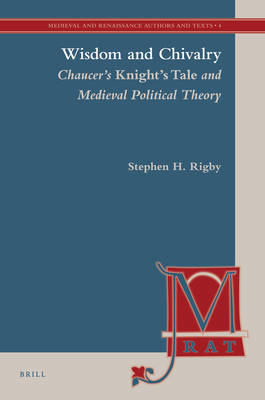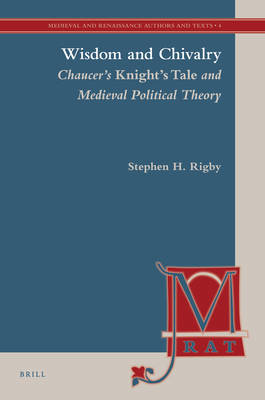
- Afhalen na 1 uur in een winkel met voorraad
- Gratis thuislevering in België vanaf € 30
- Ruim aanbod met 7 miljoen producten
- Afhalen na 1 uur in een winkel met voorraad
- Gratis thuislevering in België vanaf € 30
- Ruim aanbod met 7 miljoen producten
Zoeken
€ 283,95
+ 567 punten
Omschrijving
The Knight's Tale is one of the most controversial of all the Canterbury Tales. Does Chaucer portray Theseus, the duke of Athens whose actions dominate the tale, as an ideal ruler, one who is noble, wise and chivalrous, or does the duke's behaviour reveal him to be immoral, self-seeking and tyrannical? This book (now in a corrected second printing) assesses the duke's conduct and thought in terms of the ideals set out in medieval mirrors for princes, particularly in Giles of Rome's De Regimine Principum. It argues that, when judged by the standards of these works, Theseus can be seen as a model prince in terms of his self-government ('ethics'), his rule of his household ('economics'), his governance of his realm ('politics) and his cosmography and philosophy.
Specificaties
Betrokkenen
- Auteur(s):
- Uitgeverij:
Inhoud
- Aantal bladzijden:
- 348
- Taal:
- Engels
- Reeks:
- Reeksnummer:
- nr. 4
Eigenschappen
- Productcode (EAN):
- 9789004176249
- Verschijningsdatum:
- 1/09/2009
- Uitvoering:
- Hardcover
- Formaat:
- Genaaid
- Afmetingen:
- 155 mm x 235 mm
- Gewicht:
- 663 g

Alleen bij Standaard Boekhandel
+ 567 punten op je klantenkaart van Standaard Boekhandel
Beoordelingen
We publiceren alleen reviews die voldoen aan de voorwaarden voor reviews. Bekijk onze voorwaarden voor reviews.








